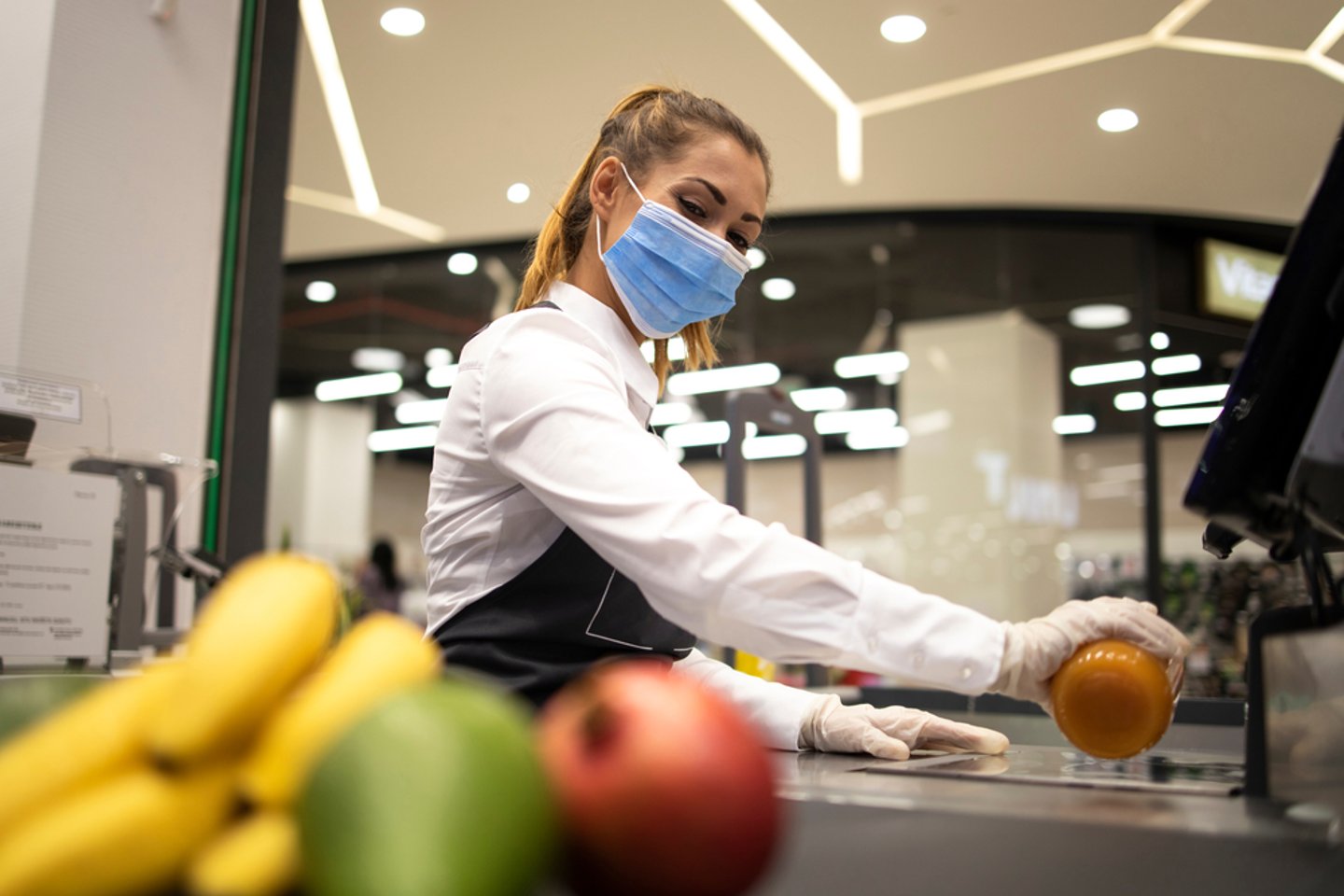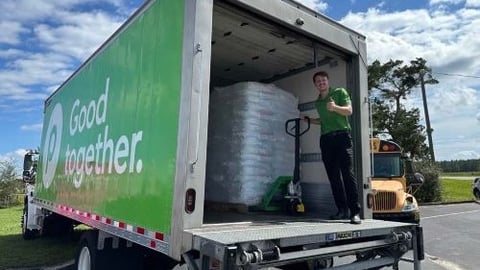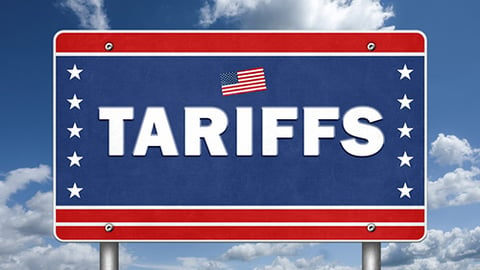5 Years On, Front-Line Workers Still Grappling With COVID’s Impact
To mark the fifth anniversary of COVID-19 being declared a global pandemic and a national health emergency, the United Food and Commercial Workers (UFCW) Local 770 union and the Los Angeles Alliance for a New Economy (LAANE), an organizing and advocacy institution committed to economic, environmental and racial justice, have released the results of a survey probing the experiences of front-line essential grocery store and drug retail workers during that period and the lasting effects on them years later.
According to the survey, since the pandemic began, more than half of the respondents believed that their lives had changed dramatically, with 51.7% saying that their mental health has suffered, 43.8% saying that they’re worse off financially, and 31.07% saying that their physical health had declined.
[RELATED: Trump, Tech and Toughness - Top Themes at NGA Show 2025]
While front-line grocery store workers were considered essential employees, they lacked the ability of shelter in place, Local 770 and LAANE noted. Associates reported not sharing in grocery companies’ profits (despite some food retailers paying bonuses to workers), and that employers failed to offer emotional support for handling difficult customers and exposed workers to COVID-19 by not providing timely and effective protective measures.
Key survey findings included the following:
- Contracting COVID-19 brought considerable physical challenges, but the mental and emotional toll of the pandemic was even harder to endure, with the mental distress frequently outweighing the physical strain of the illness.
- A high number of workers reported being infected at work, many contracting COVID more than once.
- Many workers reported being worse off financially now than before the pandemic.
- Almost 50% of workers felt that customers treated them worse during and after COVID-19.
- Workers reported that employers failed to assure them that worker safety was a priority.
“It was scary,” said one anonymous respondent. “I felt a lot of anxiety. I was scared and angry. At the onset of the pandemic, three of my co-workers and I walked out of our store. We felt unsafe when management let large crowds of people into our store despite the Health Department mandates on safety protocols. I refused to work under these conditions. I felt unsafe and walked off in protest. Then I got into my car and broke down in a full-blown panic attack. There were many days where I just couldn’t avoid crying and had to take several weeks off because I felt so overwhelmed and unsafe. I got infected with COVID three times, and my mental health was severely affected. I didn’t fully recover. I don’t feel like I am the same person I was before COVID.”
“Many of us checkers developed stress-related physical ailments,” noted another, “but I knew that it was my duty to keep showing up, because our community needed us at this time.”
“Customers were so rude and mean to us because they were in a panic,” said a third. “They did not realize that we were scared, too, but we had to be there. It was just a horrible thing to live through all around. They did not think that we were heroes or essential just because we worked at a grocery store. And I believe that the company made more money than they ever did during this crisis. They should’ve compensated us better for risking our lives.”
A total of 476 union workers responded to the survey, which was conducted Nov. 12-Dec. 15, 2024.
Los Angeles-based UFCW Local 770 represents almost 30,000 members, more than 20,000 of whom are grocery store workers in Los Angeles, Santa Barbara, Ventura, and San Luis Obispo counties and are currently in negotiations with Kroger, Albertsons, Stater Bros., Gelson’s and Super A Foods to address issues exacerbated by the pandemic, according to the union.






